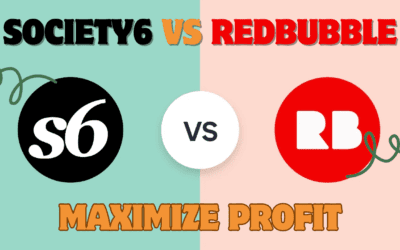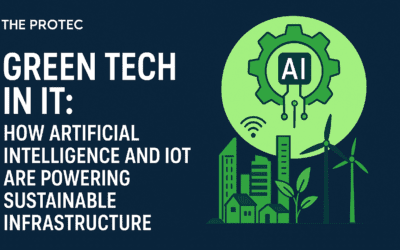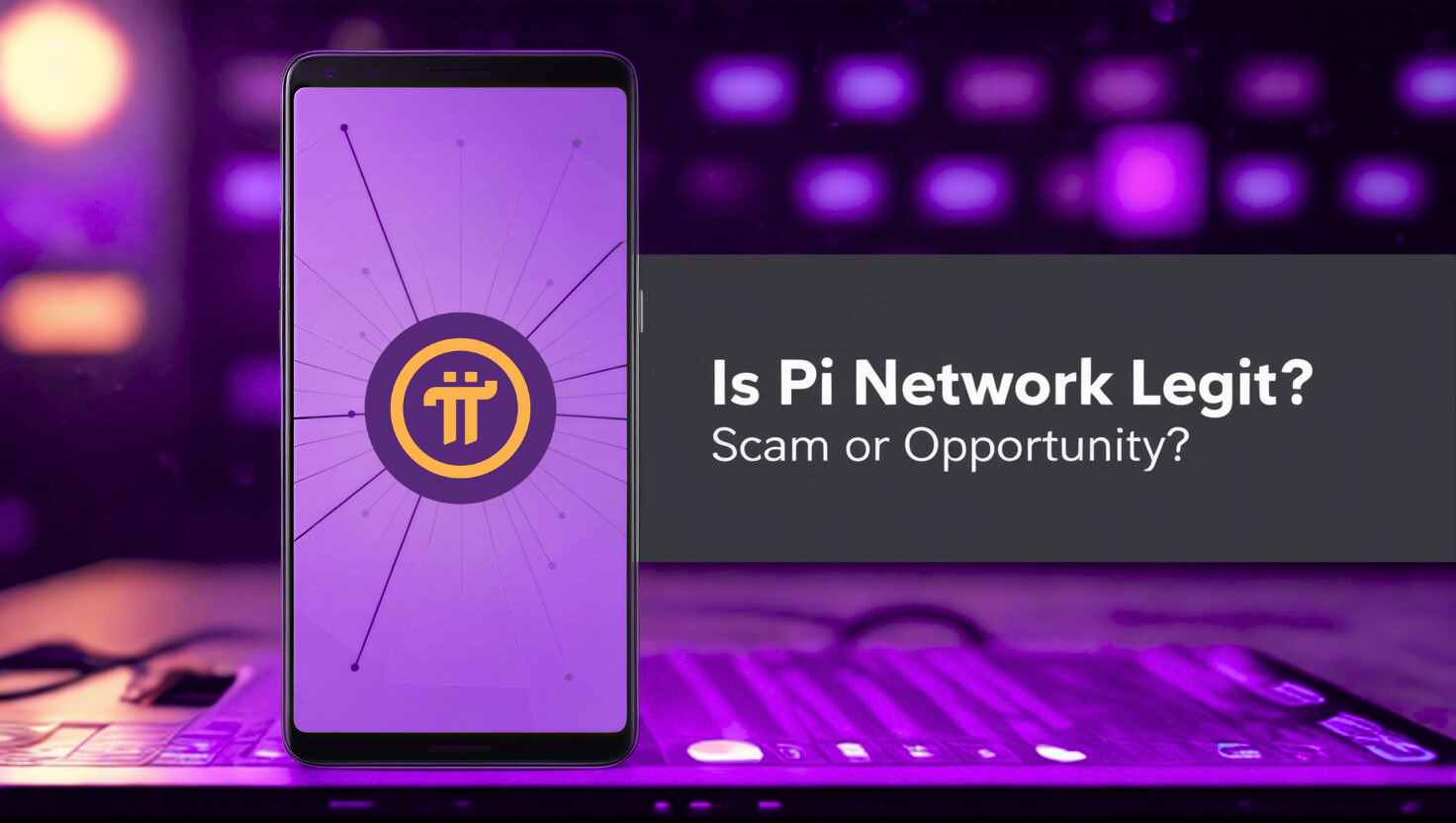Introduction
The question “Is Pi Network Legit?” has sparked heated debates in the crypto community since its 2019 launch. Promising users the ability to mine cryptocurrency via smartphones, Pi Network has amassed over 47 million members globally. But with no open mainnet launch and limited real-world utility, skepticism persists. In this guide, we dissect Pi Network’s technology, team credentials, regulatory risks, and user feedback to determine whether it’s a scam or a genuine opportunity.
What Is Pi Network?
Pi Network is a decentralized cryptocurrency project founded by Stanford PhDs Dr. Nicolas Kokkalis and Dr. Chengdiao Fan. Unlike Bitcoin, Pi uses a mobile-first mining model powered by its custom Stellar Consensus Protocol (SCP), aiming to democratize crypto access. Currently in its “Enclosed Mainnet” phase, Pi coins (PI) remain untradeable on major exchanges.
How Pi Network Works
Consensus Mechanism
Pi Network replaces energy-intensive proof-of-work with SCP, where users validate transactions via trusted nodes. This “security circle” system rewards participation without draining device batteries.
Mobile Mining Process
Users earn PI by logging into the app daily and contributing to network security. Mining speed decreases as membership grows, incentivizing early adoption.
Pros and Cons of Pi Network
Pros ✅
- Zero energy consumption for mining (Pi Network Whitepaper).
- Over 47 million engaged users (Pi Network App).
- Strong focus on accessibility for non-technical audiences.
Cons ❌
- No open mainnet or real-world utility since 2019.
- Regulatory scrutiny risks due to unlisted status.
- Limited transparency about tokenomics post-launch.
Legitimacy Analysis: Scam or Opportunity?
Regulatory Status
PI isn’t recognized by the SEC or listed on CoinMarketCap. Until the mainnet launches, its legal standing remains ambiguous.
Team Credentials
The Stanford-linked founders have credible blockchain backgrounds, but their LinkedIn profiles show limited crypto project experience.
Community Feedback
Reddit and Telegram communities report mixed experiences. While some praise its inclusivity, others label it a “glorified Ponzi scheme.”
Real-world Examples & User Experiences
- “I’ve mined 5,000 PI, but without a mainnet, it feels worthless.” – Reddit user @CryptoCurious2022.
- Case Study: A 2023 Pi Network interview highlights user frustration over delayed roadmap milestones.
Price & Market Data
PI trades as an IOU on exchanges like Huobi, priced at $29.50 (as of July 2023). However, these are speculative; no official market data exists (CoinGecko).
Security & Trustworthiness
Pi Network uses SCP’s federated Byzantine agreement for node security. While encryption standards align with industry norms, the enclosed mainnet raises questions about centralization.
Pi Network vs. Other Cryptocurrencies
| Feature | Pi Network | Bitcoin | Ethereum |
|---|---|---|---|
| Consensus | SCP | Proof-of-Work | Proof-of-Stake |
| Energy Use | Low | High | Moderate |
| Accessibility | Mobile mining | Specialized hardware | Multi-platform |
Frequently Asked Questions
- Is Pi Network legit? No definitive answer until the mainnet launches.
- Can I withdraw PI coins? Not until the open mainnet release.
- Does Pi Network have value? Only as IOUs; no official trading exists.
Conclusion & Actionable Insights
Pi Network’s legitimacy hinges on delivering its open mainnet and regulatory compliance. While its low-risk mining model is innovative, proceed with caution:
- Do: Mine PI casually, but avoid financial investments.
- Don’t: Share sensitive data or expect guaranteed returns.
Call to Action: Have you tried Pi Network? Share your thoughts below, and subscribe for updates on its mainnet launch!
Sources:


















I congratulate, this excellent idea is necessary just by the way